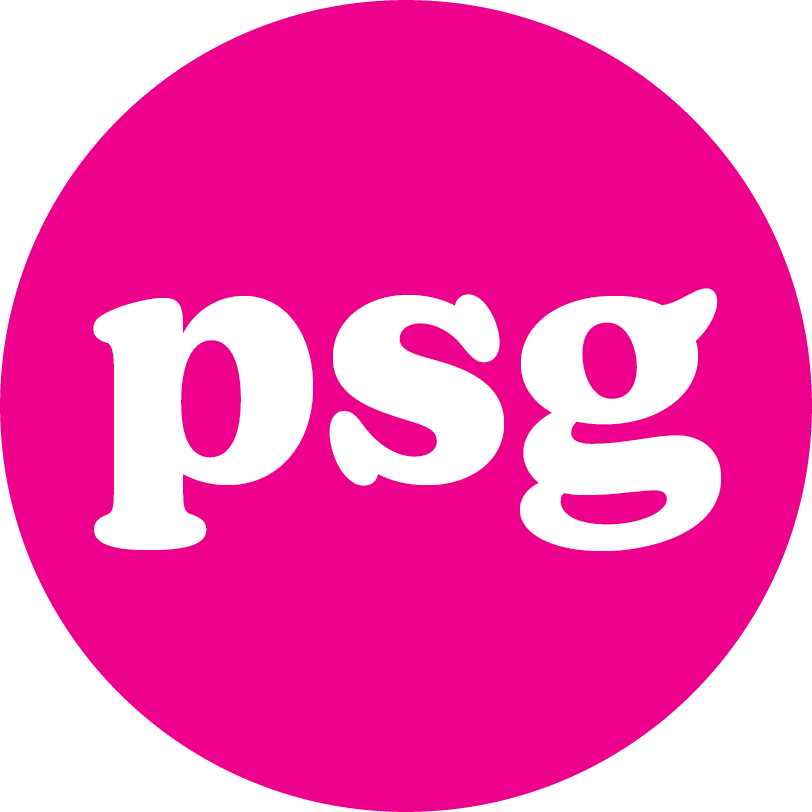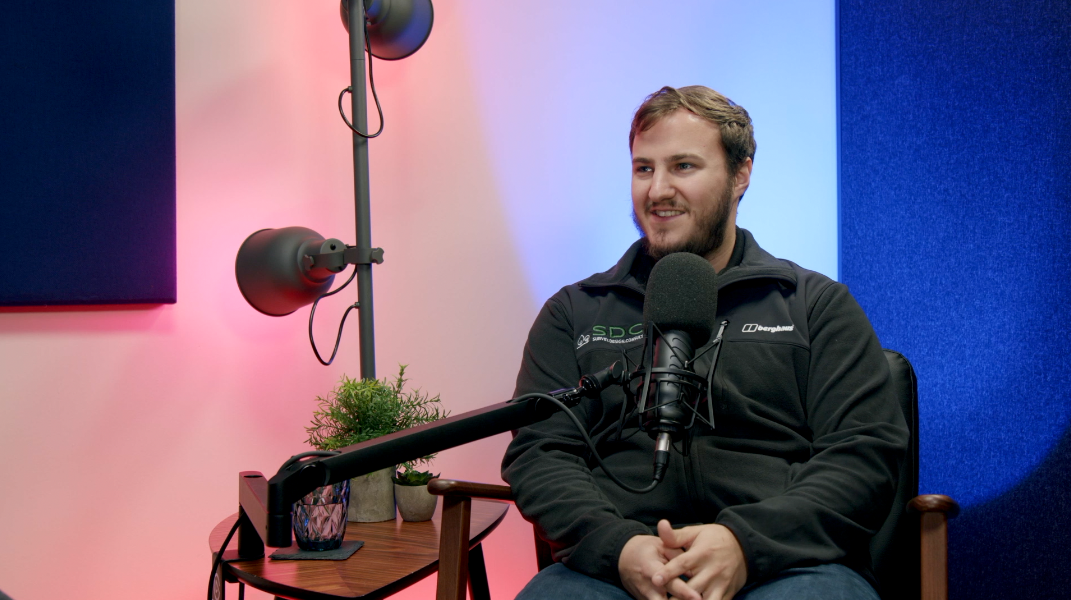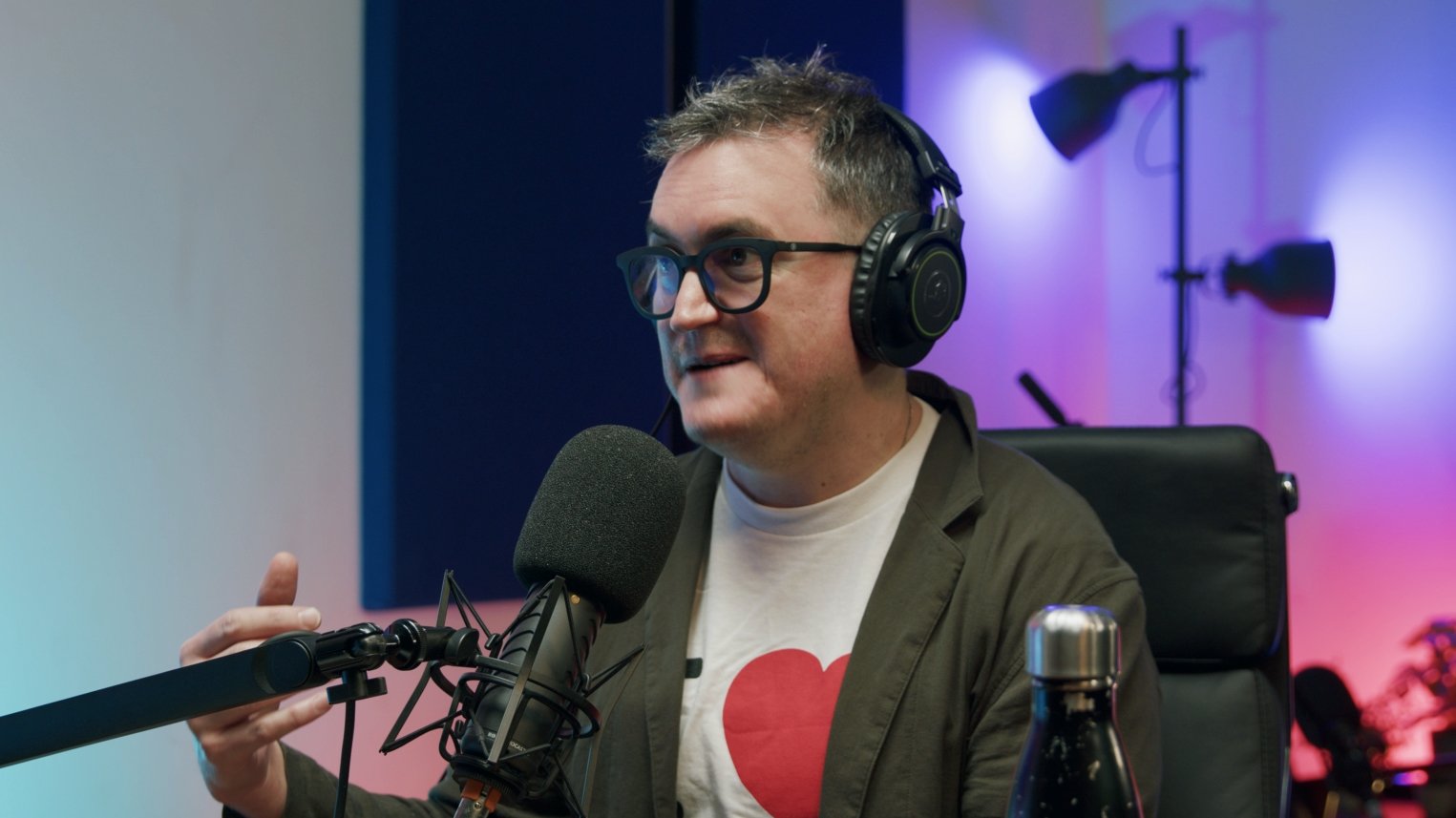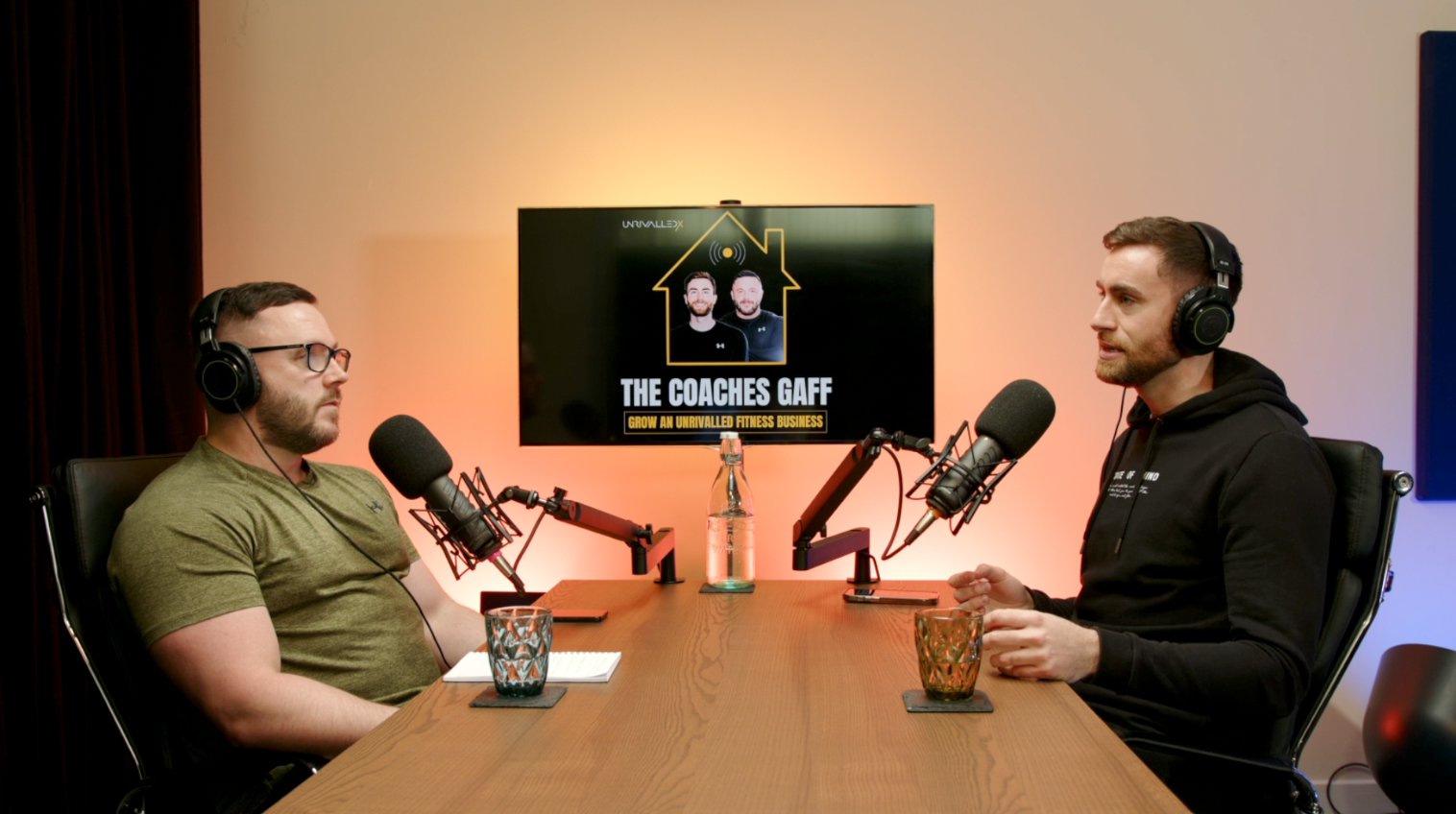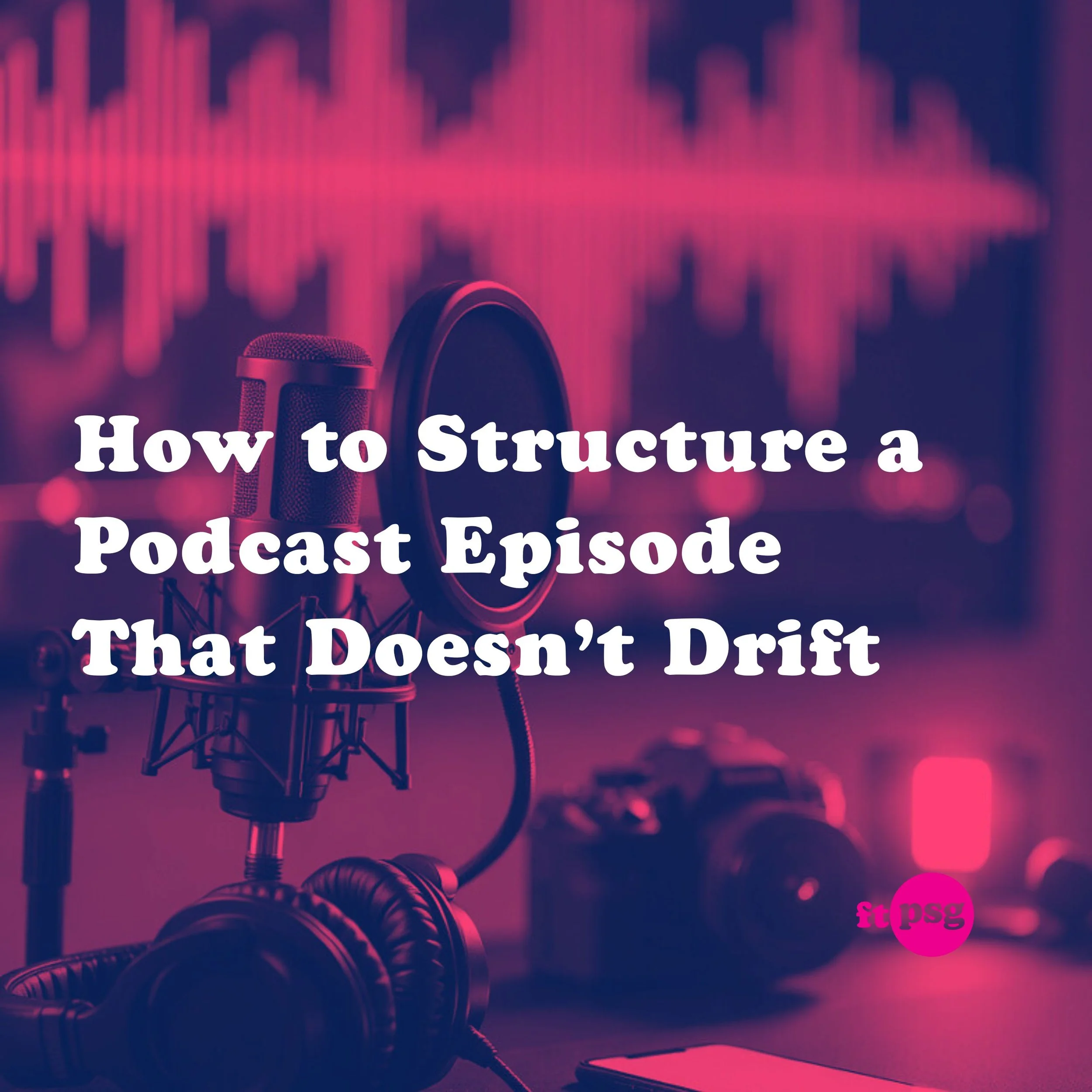Light Beats the Lens, the Lens beats the Camera
Light beats the lens, the lens beats the camera.
What on earth does that mean?! Essentially, for photo and video work, the end product, the final production, will only be as good as the weakest part of the production setup.
So, for a video podcast, the final product you release to your audience will only look as good as the weakest part of your production set-up.
We’ll put our hands up; we’re sorta production snobs. We scope out what other podcast studios offer, and we check out loads of podcasts on YouTube, to gauge the overall quality of the production. We probably notice things that a casual viewer would miss. The power cable for a light dangling in the shot. The mic obscuring much of the host’s face. The lighting being a bit drab. Or the lighting casting harsh shadows on the wall. That sort of thing.
In simple, non-snobby terms, if you skimp on the production of your podcast - either from a video, or more importantly, audio point of view - the end product will reflect this. Sorry/not sorry.
“I’LL JUST START A PODCAST AND RECORD IT IN MY KITCHEN OR SPARE ROOM THEN I’LL GET A SPONSOR”
These days it’s hard to name someone who hasn’t heard of or listened to a podcast, and it might be easy for us to think “I’ll just start my podcast at home, recording with whatever I have, and then I’ll try to get sponsors and once I’m making a wee bit of money, I’ll get a more professional set up.”
I think that’s the wrong way to approach it.
Start your podcast with the highest production bar possible.
Then once you’ve got several great-sounding and fantastic-looking episodes under your belt, it’ll be easier to attract sponsors. Click here to read our guide to getting sponsors for your podcast.
Sponsors are more likely to be interested in your podcast if it has good quality production values. It should look great. But, more importantly, it should sound professional
Also, and this has been my personal experience, it’s easy to fall out of love with the process of creating regular podcast content.
Why?
Set the bar high from the start for your production values
All of the post-production and editing. Creating clips. Posting the clips. Fixing the audio. Switching the camera angles in post. Etc. Yeah, it’s fun and exciting at first, but believe me, it eventually becomes a headache and a time-sink. A virtual black hole of time spent staring at a screen with bleary eyes, snipping and cutting and tweaking and subtitling.
So, if you’re aiming for longevity with your podcast, and you should be, get professional post-production support immediately.
The Podcast Studio Glasgow has been built by podcasters, for podcasters
Then all you need to do is turn up and record. And source your guests and research them and become better at interviewing. But those are soft skills that are worth spending time developing. We have a few blog posts on those topics to help you out.
Leave all of the heavy lifting in terms of pre-and-post-production to the pros, like us.
Because I’ve been involved in so many different podcasts, because I’ve presented hundreds of podcast episodes over the last 18 years, I created the Podcast Studio Glasgow to be a place where podcasters can come in, sit down, record their content, and then leave, safe in the knowledge that the podcast episode is going to sound amazing and look incredible.
That’s what I wished I had when I started my first podcast back in 2005.
LEAVE THE HEAVY LIFTING OF PODCAST POST-PRODUCTION TO US
Yes, if you’re tackling the post-production, we’ll send you the high-quality WAV audio file, and the separate camera angles files and you can dive into editing and polishing each episode of your podcast.
But believe me, you’ll achieve consistency and longevity by handing over post-production to specialists like us. Then all you need to do is post the clips on your socials and upload the audio and video files to your podcast hosting platform and your YouTube.
And prepare for your next episode.
